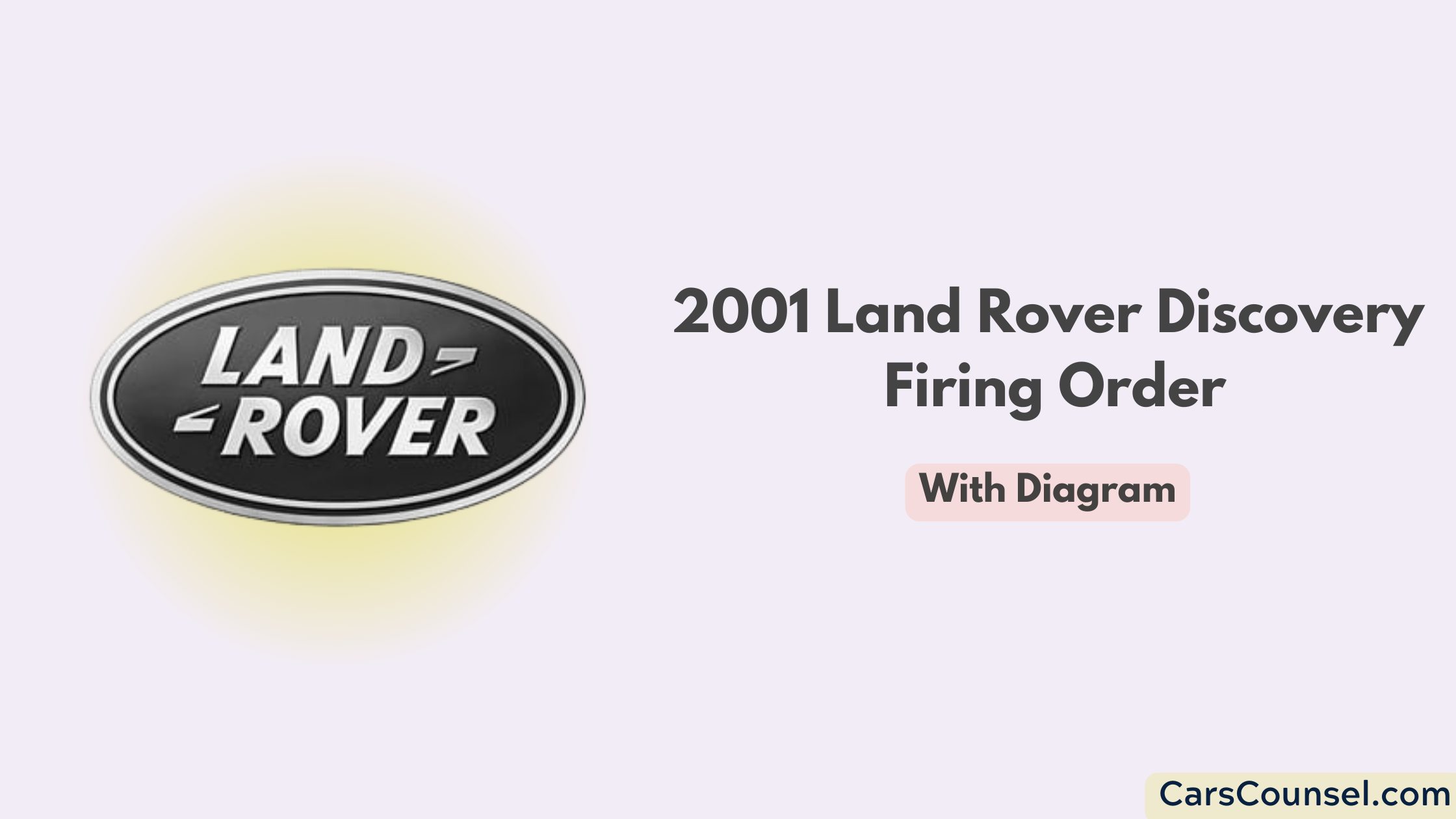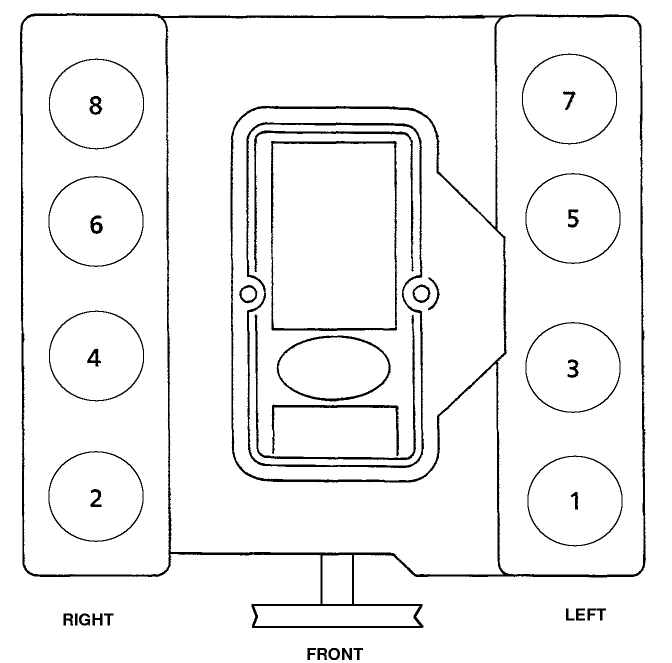The way your 2001 Land Rover Discovery’s engine fires is in this order: 1-8-4-3-6-5-7-2. This order is important for your car to run smoothly and last a long time.

The process starts with Cylinder Number One, which is at the front of the engine block. If you follow this order, your car can run better. If you mix it up, it could hurt your engine and make it work less well. You might hear weird sounds from your engine or notice that your car is using more gas than usual. These could be signs that your engine needs to be tuned.
Learning about these things can help you understand your car better. There’s more to learn about how tuning can affect how your car performs.
Quick Navigation
Key Takeaways
- The way a 2001 Land Rover Discovery’s engine works is by following a specific order, which is 1-8-4-3-6-5-7-2. This sequence is important for the best performance of the vehicle.
- The engine starts its function with Cylinder Number One.
- It’s crucial to know which one is Cylinder Number One to prevent any damage to the engine and keep your vehicle in good shape.
- If you notice things like weird sounds or that your car is using more fuel than usual, it could mean that your vehicle needs some tuning to improve its performance.
- Problems like slow speed when you press the gas or trouble starting the car could mean the engine’s firing order needs to be adjusted or the engine needs tuning.
Understanding the Firing Order

To really get the idea of the firing order, you should know that it’s about the order in which the parts of the engine light up. This helps the car run better and makes it work well, even when driving on tough roads.
The firing order of your 2001 Land Rover Discovery is 1-8-4-3-6-5-7-2. This isn’t just any random order. It’s a carefully planned order that makes sure the engine works at its best by cutting down on shaking and making sure the load is shared between the crankshaft and camshaft.
When each part lights up at the perfect time, the car can run at full power, use less fuel, and the engine doesn’t wear out as quickly. If the order is messed up, the car might use more fuel, work slower, and make strange noises.
Knowing this order is key to keeping your car ready for any trip.
Identifying Cylinder Number One
It’s really important to know where the Number One cylinder is in your Land Rover Discovery. This cylinder is at the front of the engine block and it’s the first one to fire up. This starts the whole process, making sure each piston fires at the right time for the best performance.
If you get it wrong and misidentify the Number One cylinder, it can mess up the timing and sequence of the engine firing, which can damage the engine’s performance. So, by correctly identifying the Number One cylinder, you’re making sure your Land Rover Discovery is ready to go on any trip.
Signs of Tuning Requirement
Understanding when your engine might need a tune-up can help your Land Rover Discovery run better and prevent possible damage. It’s important to know these signs because they can give you a heads up that your car might need some work or improvements.
| Signs Your Car Might Need a Tune-Up | What It Means |
|---|---|
| 1. Weird Engine Noises | A good engine runs quietly. If you hear strange noises, get it checked out. |
| 2. Using More Fuel Than Usual | If you’re filling up more often, your engine might need a tune-up. |
| 3. Slow Acceleration | If your car isn’t picking up speed like it used to, your engine might not be working efficiently. |
| 4. Trouble Starting the Car | If you’re having a hard time getting your car to start, it might need a tune-up. |
Engines with Similar Firing Orders
Conclusion
This concludes our discussion about the mechanics of your 2001 Land Rover Discovery’s engine. Now, you have the information necessary to keep your engine running smoothly.
Remember, a well-functioning engine is crucial for your vehicle’s performance. So, if you hear any unusual sounds, it might be time for a check-up.
Stay informed and keep your Land Rover Discovery in top condition.

